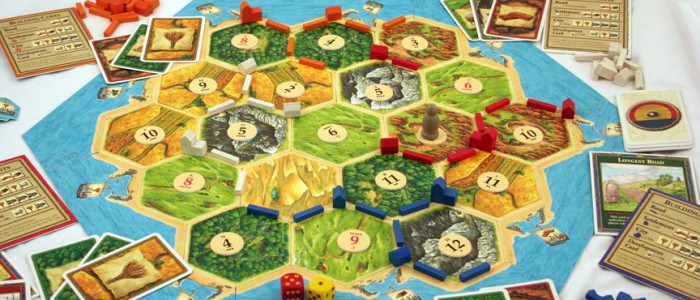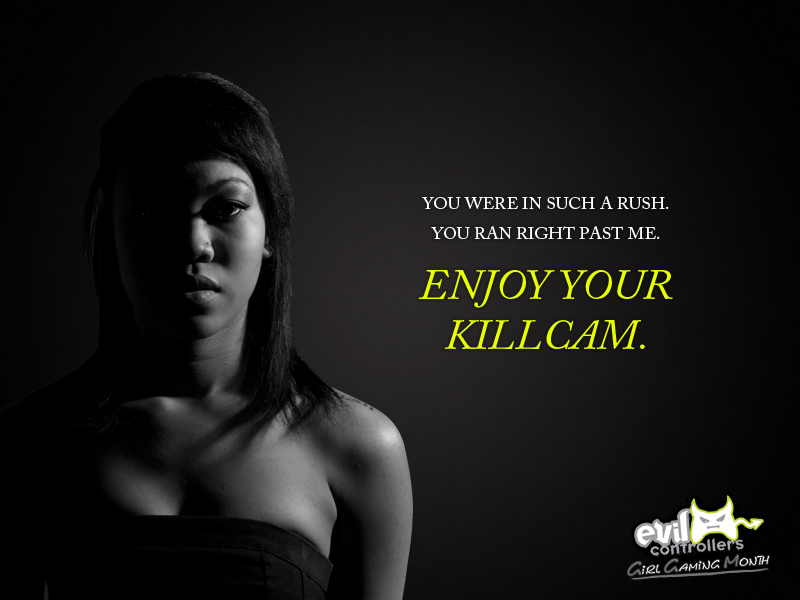**Triggers: sexual assault, sexual harassment**
Recently, a screenshot of an explicit conversation between Josh Mattingly, a video game reporter, and “Alice,” a game industry worker made some pretty big waves. The two had met a couple times at professional event and Mattingly friended Alice on FB. Immediately after she accepted, he started sending her messages that quickly turned aggressively sexual. Which makes sense, because of course by accepting someone’s friend request you are asking to be harassed. Friending on Facebook is apparently 2013’s equivalent of wearing a mini-skirt and walking by yourself.
In the conversation, which you can find a complete version of here, he continually makes sexual remarks and you can see her uncomfortably trying to steer the conversation back to professional topics. She explains later that, as a woman in the gaming industry, she has often faced unwanted sexual advancements. She has had to tow the line between standing up for herself and not wanting to be labeled “that girl.”
Rachel Ediden, who knows “Alice” and has been covering the story, writes the following about “that girl”: “That girl” is the bogeyman, a cautionary tale to keep the ladies in line. “That girl” is the woman who is iced out for speaking up and ruining everyone’s fun. I hear about her from almost every woman I interview.” It is the fear of becoming “that girl,” which will apparently immediately ruin your career and strip you of any cred, that has formed a terrifyingly strong code of silence. An anonymous female game dev writes, “The code of silence is real, and it’s very dangerous.”
We all like to think that it is easy to say no. We like to think that if this kind of thing ever happened to us, that we would stand up for ourselves and proclaim loudly that it is not ok. That we don’t give a shit about being labeled “that girl” because we would do the right thing. We would have immediately told Josh Mattingly to leave us alone and unfriend him. But shit, it seems, is more complicated than we would like to think.
Alice reports after the incident that while he was sending her the messages, she was in a kind of shock. She says, “It gets difficult, because you’re in shock, and your brain isn’t really thinking, ‘I am going to tell this guy that this is not appropriate.’ It’s more of ‘I’m just going to ignore this and hope that it gets dropped.” The first response when faced with this harassment is flight, not fight. Alice just wanted it to stop without having to risk her career. Whether that threat is real or perceived, it seems to be common. And I suppose that is really what harassment is about, taking the power away from someone else. Stripping them of their ability to defend themselves by relying on the code of silence to keep them from standing up for themselves.
In hindsight, Mattingly didn’t think it was ok behavior. He blamed it on alcohol and grief. Blah blah. What worries me the most, though, isn’t that Mattingly did this. There will always be a Mattingly, at least until our society changes drastically. What worries me is that someone so insignificant, a nothing, can paralyze a strong woman who has been a part of the field for a long time. This is the part of the gaming culture that terrifies me the most. But it’s also why it is so, so, so crucial that people like Alice post this stuff, people like us at NYMG keep talking about it and bringing it to light, and for anyone in the industry or who plays games to work at changing the culture.





2 thoughts on “A Tale of “That Girl” and the Code of Silence”
I was harassed while temping at an architecture firm. I felt I couldn’t say anything because I didn’t want the temp agency to think I was “that girl”. It happens everywhere and it’s awful. The feeling of utter powerlessness. And the harasser is just allowed to make lame excuses. It’s bullshit. I agree about the anger. I recently took up kick boxing (I have sweet baby blue boxing gloves). I recommend it. Thanks for writing about this stuff. Sadly just about every woman I know has their own “I was harassed” story…
Thanks for sharing Summer. It absolutely happens everywhere. It seems crazy that even people who study this stuff for a living in academia still have similar reactions when faced with harassment. The code of silence must be a strong narrative, that many of us have learned, since the reactions of silence, powerlessness, and flight are so common. I might need to look into some kickboxing!